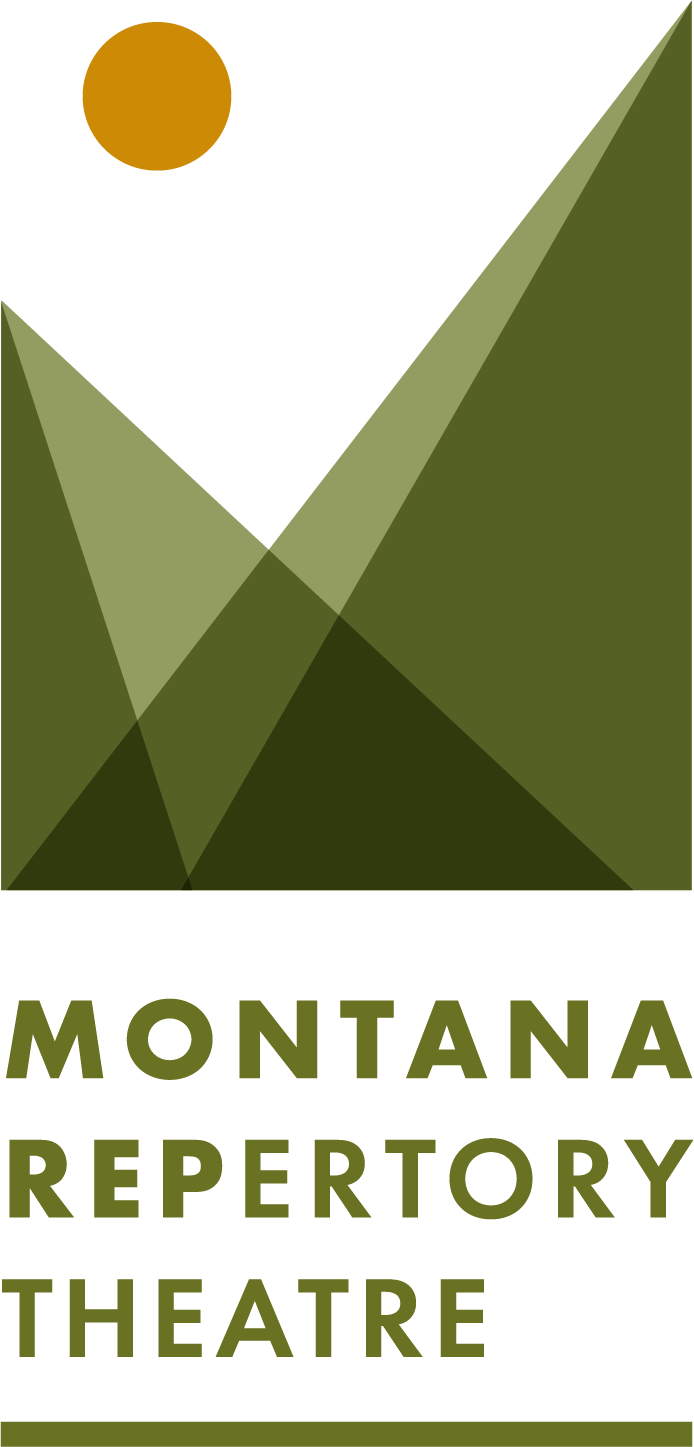INTERVIEWING BRIANDANIEL OGELSBY: Playwright of THE ODYSSEY
Briandaniel Oglesby is an Austin-based playwright from Sacramento, California, who primarily writes plays for young people. He’s mixed Latino, won awards, and his plays are produced around the United States, Canada, and once in China. Stage Partners and Stage Rights publish his plays. His work has been developed at the JAW Festival, Playwrights Week at the Lark, and several regional theatres and universities. He was a four-time National Finalist for the Kennedy Center American College Theatre Festival. He now runs a small theatre department at a small school outside of Austin, where he creates innovative works for the young and with young people. To find out more or to check out his many plays for young people, check out his website: briandanieloglesby.com
MFAs from the University of California, Riverside, and the University of Texas, Austin.
MTREP: What inspired you to write an adaption of "The Odyssey" specifically for 6th graders and up? What do you believe this age group can gain from engaging with such a classic piece of literature?
A part of this is entirely practical: The Odyssey has a thousand children. It’s everywhere if you take a moment to look. Middle and high schoolers are likely to encounter it or something inspired by it as they move through their lives. Many of these young folks will understand the story better or at least more viscerally when they experience it onstage rather than on the page. While my first priority is to make highly quality and yet entertaining art, I absolutely had an educational goal underneath it as well. The goal is to make something incredible and new, and yet fully recognizable.
I was also inspired by the idea of returning to the original format of The Odyssey, something that is often forgotten. The Odyssey began as a story within a story told as mixture of ritual and entertainment. It predates theatre and literature, and would almost certainly be bent to the storytelling and audience of the time. How do you bring that back, make it come alive for a modern audience by using the original format?
MTREP: What aspects of Odysseus' journey and character do you hope will resonate with young readers the most? Do you aim to highlight specific life lessons or values through your adaptation?
I think I’m more interested in our young audience members connecting to the theatricality of the journey, the frenetic energy of the experience, rather than identifying with the journey itself.
Odysseus begins in a place where all he wants is to return home and he is being known forever as a glorious warrior; along the way, he experiences loss and hardship that both changes and reveals what he values. I’m interested in telling that story - an adventure who finds peace.
MTREP: Humor can be a helpful tool to connect with young audiences. How did you incorporate humor into your adaptation, and what role do you see it playing in enhancing the overall experience?
You can find serious adaptations of The Odyssey out there. That doesn’t appeal to me. My style is to build a campy world, but for there to be a deep well of emotion beneath it. You can have Poseidon popping up from the ocean loud and obnoxious with rage, you can add fart jokes to the time when Odysseus and his crew are trapped in the cave with the Cyclops, you can have doofy, clown-like sailors, and yet you can still have a heartfelt story of love and home and regret underneath.
MTREP: Could you share insights into your creative process while adapting "The Odyssey" for a younger audience? What were your key challenges, and how did you address them?
The biggest challenge is how do you take a 400+ page epic and turn it into a 50 minute play? My goal was to keep the main ‘bones’ of the story, because I do want my audiences to leave with the reference points of The Odyssey. It common knowledge that Penelope has a loom, she’s unweaves that loom at night, so that’s in the play; Circe may turn you into a pig and Polyphemus the Cyclops is tricked by Odysseus referring to himself as ‘No-Man,’ those scenes are in the play. But the fact is that The Odyssey is an epic - the whole point of it is that it’s long. The play therefore moves at a great clip, but also uses the theatrical storytelling to jump from moment to moment. Also, I focus on the specific moments that are about Odysseus.
Originally, I adapted the epic with a group of young actors. We used improv and devising to create the voices and moments. While this changed radically when I turned it into a 50-minute play, you can still hear their voices in it.











